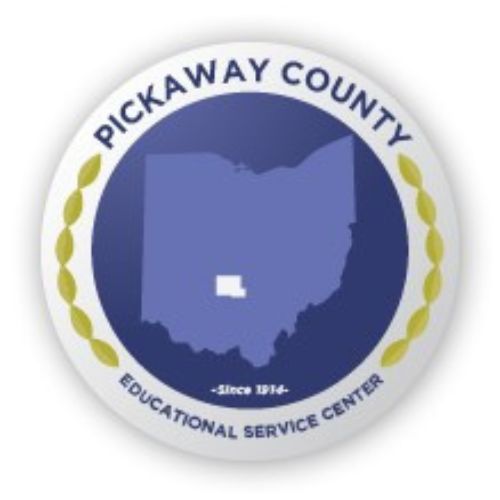Skip to content
Show submenu for Governing Board
Governing Board
Family and Children First Council
Show submenu for Services
School Bus Driver Training
ORC 3313.843 PCESC SERVICE COSTS
Show submenu for Resources
NOTICE TO OHIO STUDENTS WITH DISABILITIES
Show submenu for
